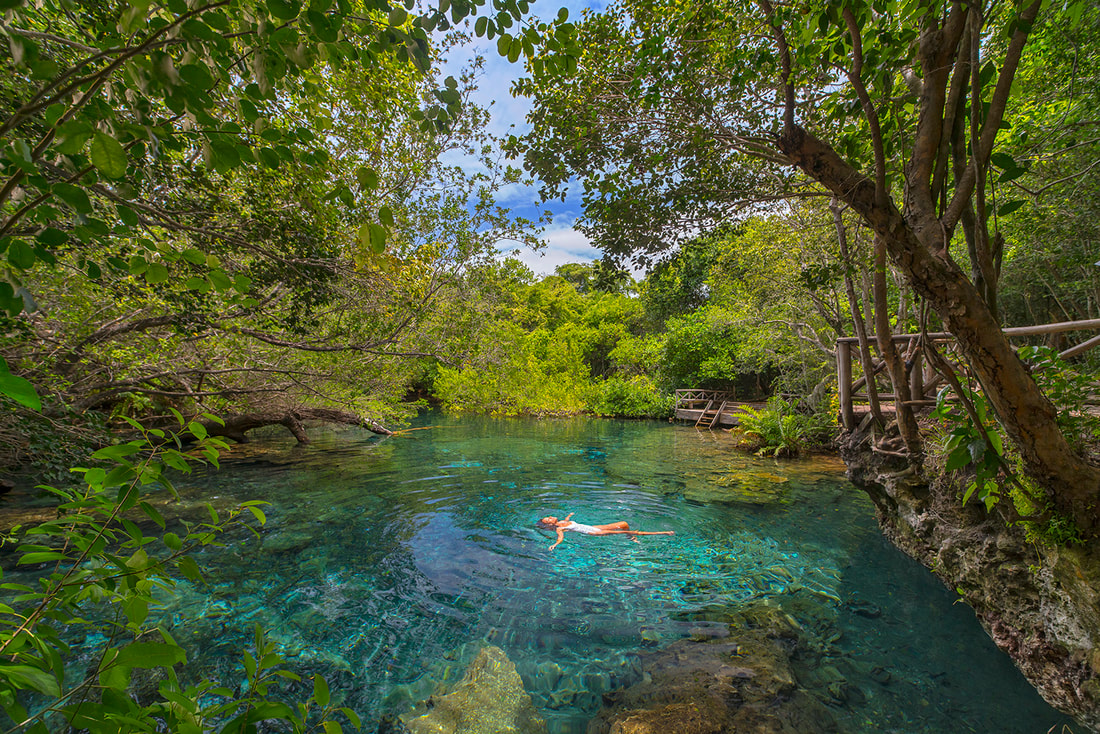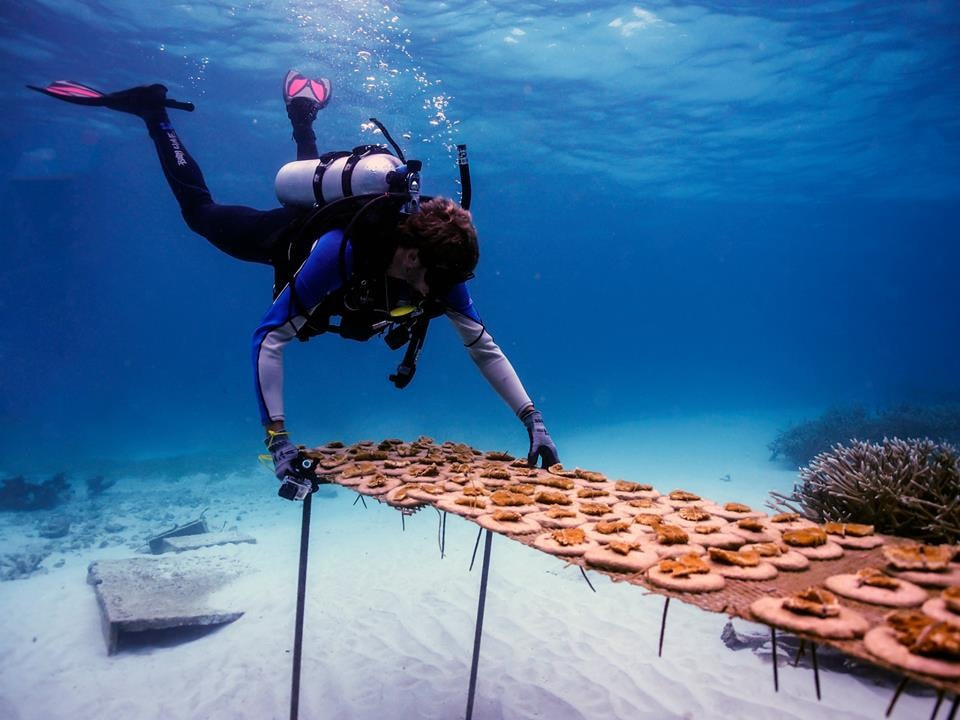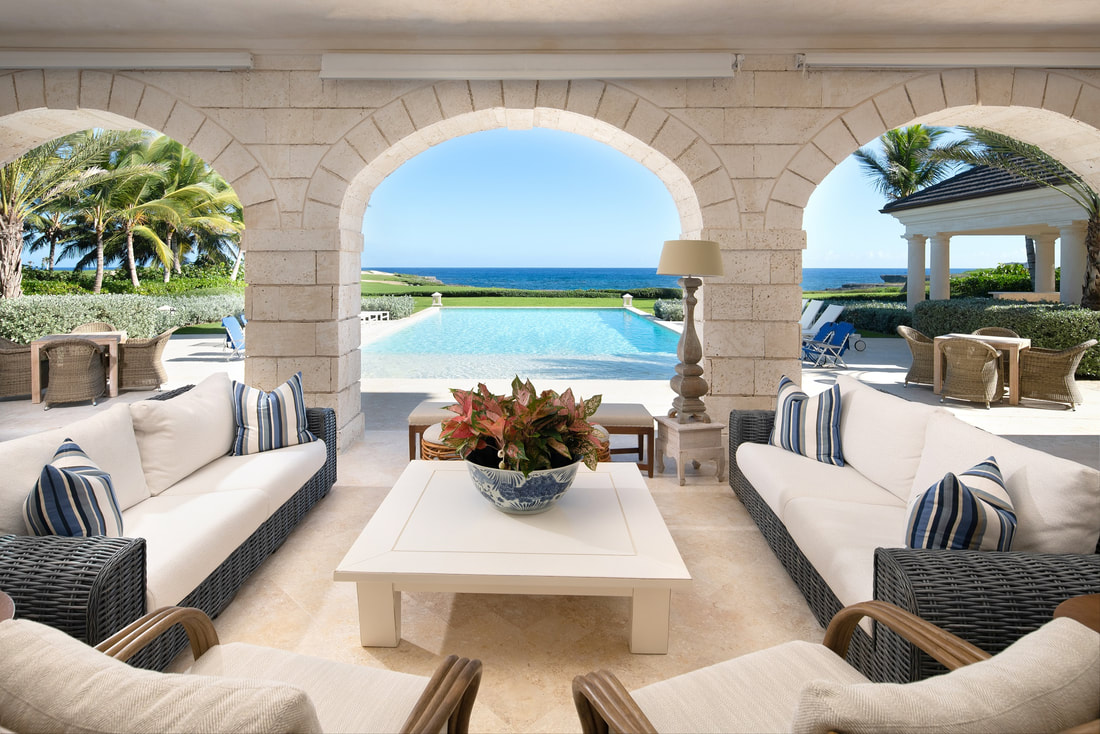|
In September 2017, our entire company was tracking the storm path of Hurricane Irma. Already a category 5 storm, it was barreling through the Caribbean and headed straight towards the Dominican Republic. Our resort, Puntacana Resort & Club, on the eastern end of the island, was at risk and we feverishly prepared for the storm. Luckily for us, Irma took a last-minute turn to the north, barely missing Punta Cana. Our property had only light damage, a few fallen trees and a couple of days of rain. We had electricity throughout the storm and the Puntacana International Airport operated without interruption. The British Virgin Islands, Saint Maarten, Puerto Rico, and other islands were less fortunate, suffering catastrophic damage to homes, hotels and public infrastructure and producing many casualties. Just two weeks later, Hurricane Maria, another major storm, inflicted more damage on Dominica, the US Virgin Islands and Puerto Rico. As it turns out, the 2017 hurricane season, which included the impacts of Hurricane Harvey, was the costliest hurricane season in history, causing an estimated quarter of a trillion dollars in damage. Despite our near-miss with these two hurricanes, it is clear today how storms and natural disasters are increasingly impacting the tourism industry. The planet is changing quickly and if we’re not prepared, it can drastically impact our business. Throughout our preparations for Irma and Maria, our CEO Frank Rainieri, emphasized the importance of getting our resort up and running and open for business as quickly as possible. The best way to help the region and the Dominican people recover from the potential impact of the storm, he reasoned, was by putting them back to work quickly and generating income for their families. He pressed us not only to prepare for the worst, but to plan to get back to normal as fast as possible. Planning for a rapid recovery from natural disasters is known as “business continuity,” “sustainability,” and more recently as “resilience.” We call it common sense. Companies that can quickly adapt to change are able to create competitive advantages for themselves, increasing their profitability. Over the last 50 years, Puntacana Resort & Club has been forced to confront myriad challenges beyond extreme weather, forcing us to innovate and sharpen our skills in response to fresh challenges. We believe this has made us a stronger and more profitable company. In 2007, our company took on solid waste. In the face of unsafe landfilling and rising costs, we launched a “Zero Waste” program for our resort, separating all of the resort’s solid waste and initiating one of the largest corporate recycling programs on the island. We used worms to transform our organic food waste into compost, which we used as fertilizer on our golf courses and landscaping, as well as to produce organic vegetables. Through Zero Waste, we managed to recover close to 60% of all solid waste produced by the resort, approximately 24 tons a day, and convert it into useable materials. All told, this saved us hundreds of thousands of dollars in waste hauling fees and produced tangible benefits for the resort. Through the Grupo Puntacana Foundation, our company began restoring the coral reef in front of our property fifteen years ago. The reef provides many benefits to our company. It protects our beaches from erosion, provides snorkeling and scuba activities for our guests, is a source of seafood for our restaurants and income for local fishermen. The coral reef also provides vital protection for our coastal resort from storms like Irma and Maria. Studies by The Nature Conservancy have demonstrated that a healthy coral reef can provide hundreds of millions of dollars of avoided storm and flood damage to coastal infrastructure in places like Punta Cana. Coral restoration is a technique that allows us to grow corals in underwater and land-based nurseries and then transplant the corals back on the reef. Much like traditional plant gardening, restoration allows us to actively restore degraded reefs, creating new habitat for fish, sea turtles, and other creatures. “Coral gardening” has also created new activities for visiting tourists and divers, and new job opportunities for local fishermen. When the next hurricane comes, we believe that having a healthy coral reef will be in an investment in storm protection and in our business. Being an innovator offers another valuable benefit: it attracts fellow problem-solvers. Puntacana Resort & Club has become a magnet for inventors, innovators, and creators trying to solve constantly evolving problems. We now work with two dozen different universities, foundations, and government agencies to confront new challenges to the tourism industry. Every time we face a new problem, it seems our resort is the first stop for every entrepreneur, mad scientist, or company looking to test new ideas, products, and theories on a resort daring enough to experiment. Being surrounded by out-of-the-box thinkers exposes us to new ideas and makes us more competitive. Companies, we believe, can be disruptive agents of change, breaking paradigms and transforming industries. However, the destructive creativity of companies is rarely used to confront the environmental challenges that todays’ society faces. Climate change, the most severe of these threats, will have adverse impact on coastal communities. The Caribbean tourism industry will be forced to face this reality. We firmly believe companies are uniquely positioned to become agents of positive change in building more resilient coastal communities. The tourism industry can become a true pioneer in adapting to climate change. From implementing the largest Zero Waste program in the Dominican Republic to restoring degraded coral reefs, the experience of Puntacana Resort & Club is a case study in how environmental protection can pay financial dividends.
0 Comments
Leave a Reply. |
Puntacana BlogsOur new way of communication! Categories
All
ARCHIVES
March 2021
|





